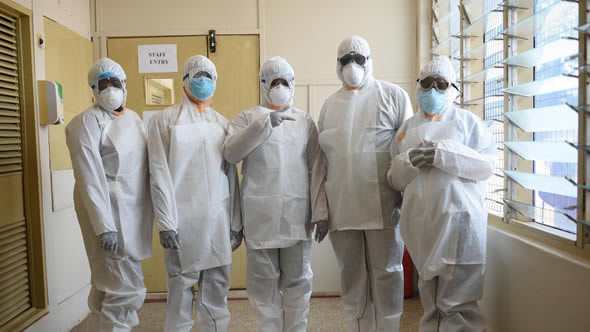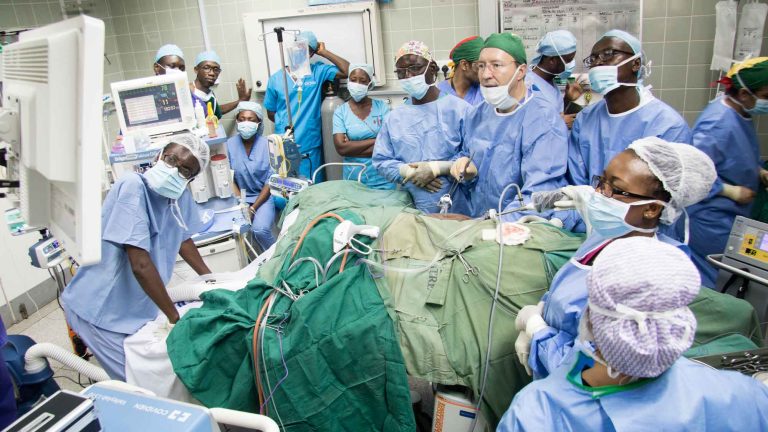Korle Bu Teaching Hospital Denies Surgery Cancellations Due to Dumsor

Clarification from Korle Bu Teaching Hospital
The Korle Bu Teaching Hospital has clarified recent reports regarding the cancellation of critical surgeries due to power outages, commonly known as “dumsor.”
In a statement released today, the hospital described the reports in a section of the media as misleading. According to the hospital management, the surgeries were not cancelled because of dumsor. However, they acknowledge that intermittent power outages have affected the facility in recent times.
Futher response, from the hospital management issued a statement denying these allegations. They clarified that on April 29, there was a brief period of low current lasting about 45 minutes due to an issue at an ECG substation. However, the hospital’s standby generators ensured that surgeries continued as planned. The statement further explained that only two cases from the Department of Surgery were postponed, not due to power outages. But because of limited space in the recovery ward. The hospital emphasized that all other surgeries across various departments proceeded without interruption.
Despite the hospital’s clarification, some patients expressed their frustration over the repeated cancellations.
- Cancelled Surgeries: Tumour patients, already prepped for surgery, had to return to their wards because doctors considered the power supply too unreliable for such critical procedures.
Responses:
- Medical Staff’s Stance: A doctor emphasized the risk to patients’ lives, stating the necessity of a stable power supply for such delicate procedures.
- Patient’s Reaction: One patient expressed distress over the repeated cancellations. Also highlighting the emotional toll of the uncertainty.
As a leading national referral hospital, Korle Bu assured patients and the general public that their care remains a top priority. The hospital appealed to the media to exercise caution. when publishing stories that are not fully verified. As such reports can undermine public confidence and create unnecessary fear among patients.

